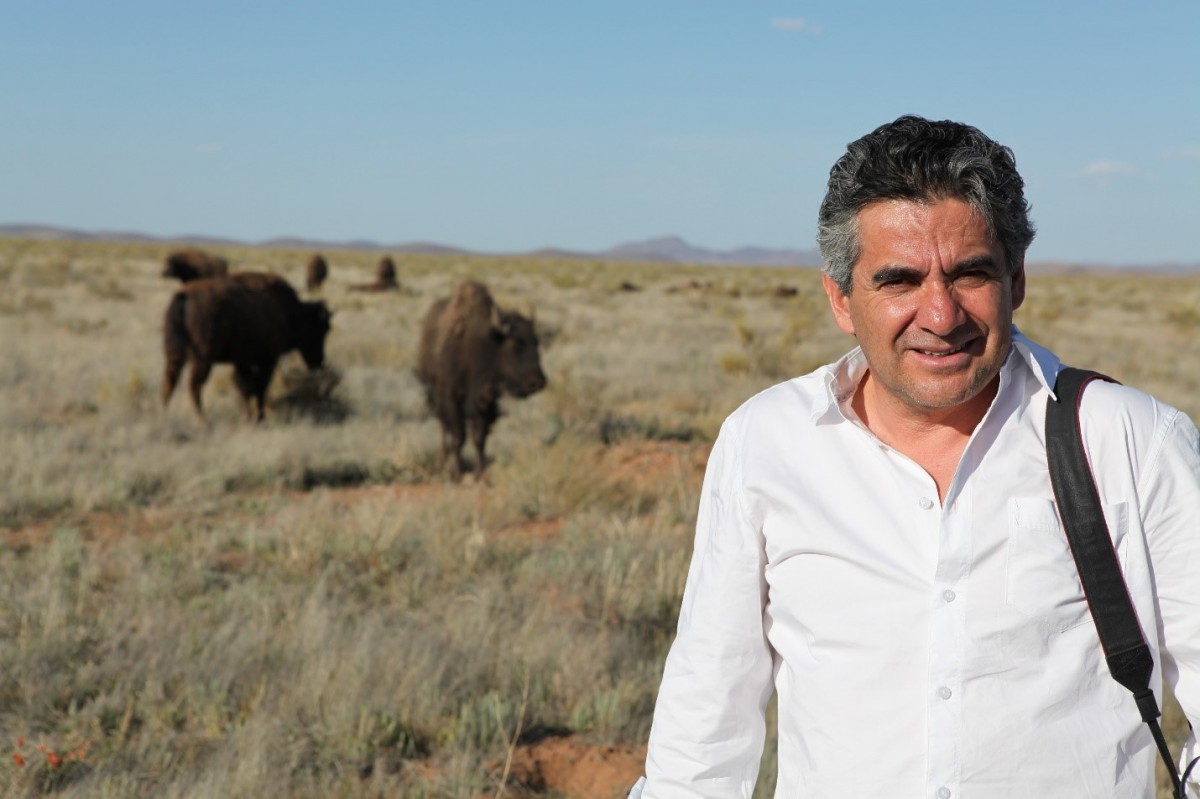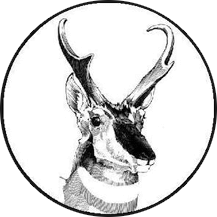Dr. Ceballos has been actively working on the diversity, ecology and conservation of mammals in Mexico and the entire world for at least 30 years. He is a pioneer in many fields in mammal ecology and conservation in Mexico Not only has he led the first ever long-term community and population biology studies of Mexican mammals in the early 1980’s, but he has also pioneered reintroduction of endangered species such as the black-footed ferret and eradication of exotic species from islands of the Gulf of California. He has published well over 200 peer-reviewed papers in the primary literature and over 30 very influential books, including some of the most significant papers on mammal ecology, biodiversity, biogeography and conservation, published in Science in the past couple of years. He has also published a truly daunting volume, the Mammals of Mexico, a major landmark in the discipline given the huge task at hand (Mexico is country # 3 in terms of numbers of mammal species in the world), and the extraordinary difficulty of attempting to compile this humongous, extremely useful volume for anyone working on mammals in Mexico and its neighboring countries.
His influence has flourished and mushroomed, with dozens of his students occupying key positions in many universities, local, state, and federal government agencies, and virtually every NGO active in Mexico. All those that recommended him commented particularly on his extraordinary ability to “operationalize his science” and achieve meaningful conservation outcomes on the ground. Many of the most important protected areas in Mexico, from the Chamela-Cuixmala reserve (the only one with a significant extension of the endemic-rich Mexican tropical dry forest) to the San Ignacio lagoon in Baja California to the last remaining extensive grasslands of North America in Chihuahua, owe their existence in great part to his efforts.

